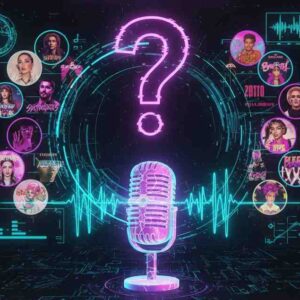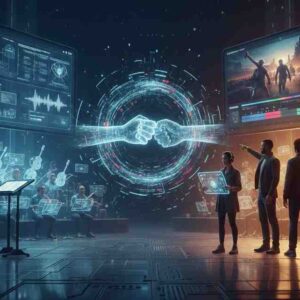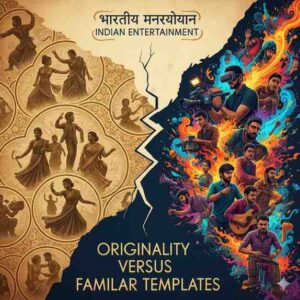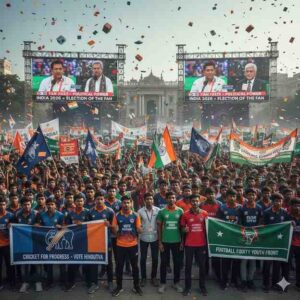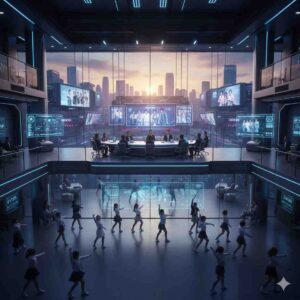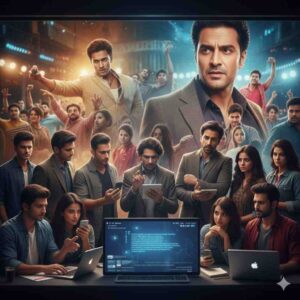Creativity or Commercial Shortcut?
Bangalore – 2025
At first, it was a curiosity. Then, it became a tool.
Now,AI-generated musicis stepping into the mainstream of India’s music industry—fueling jingles, indie tracks, and even film background scores.
As artificial intelligence enters the creative realm once considered sacredly human, the Indian music ecosystem is split:Is AI empowering musicians, or replacing them?
From Studio to Server: The New Music Generator
With tools likeSoundraw,Suno.ai, andAmper Music, creators can now:
- Generate a melody in seconds
- Clone vocal styles and emotional tones
- Simulate instruments without studio setup
- Auto-compose mood-based background scores for video or ad projects
AI tools can produceentire instrumental tracks, lyrical hooks, or ambient scores—and increasingly, they’re being used by:
- YouTube creators looking for copyright-free tracks
- Digital advertisers needing fast turnarounds
- Independent musicians with limited budgets
Bollywood and the First Experiments
While Bollywood hasn’t embraced AI-generated vocals for playback yet, AI tools are:
- Used to pre-visualize background scores before live orchestration
- Assisting composers in layering beats or testing mood shifts
- Providing scratch vocals for demo pitches
- Creating sound libraries for trailer cues and digital teasers
Studios like YRF and Dharma have reportedly begun experimenting with AI fortemp scoring, particularly for tight deadlines in OTT releases.
Creativity or Convenience?
Critics argue that AI threatens tocommodify music into pre-set templates, risking originality.
A song composed by algorithm may sound smooth—but lacks:
- Improvisational emotion
- Cultural layering
- Human unpredictability
Renowned composerAmit Trivedirecently stated that, while AI can mimic sound, it cannot replicate the“pain, lived experience, and cultural instinct”that defines Indian music.
Legal and Ethical Dilemmas
India currently hasno clear intellectual property frameworkfor AI-generated music.
Key questions remain:
- Who owns an AI composition—the user, the coder, or the platform?
- Can AI-generated tracks be copyrighted under Indian law?
- Is vocal cloning (e.g., mimicking Arijit Singh’s tone) a form of impersonation?
These legal grey zones raise significant concerns forartists’ rights, royalties, and ethical consent.
The Democratization Argument
On the other hand, supporters of AI tools argue that:
- Independent creators now have access to production-quality tools
- Music no longer needs expensive studios or technical training
- Young artists can test their musical ideas instantly and iterate
In a way, AI is performing the same disruptive role thatdigital recording software once played in the early 2000s—lowering barriers to entry.
Where India Stands Now
The rise of AI in Indian music isinevitable—but not absolute.
It’s likely to remain acomplementary force, not a primary one—particularly in an industry whereemotion, improvisation, and cultural contextare paramount.
The Bottom Line
AI-generated music in India represents both an opportunity and a caution.
Used wisely, it canamplify creativityand support under-resourced artists.
Used lazily, it may lead to abland, synthetic musical landscape—efficient, but soulless.
The future of Indian music may be coded—but its heart must still beat with human rhythm.



